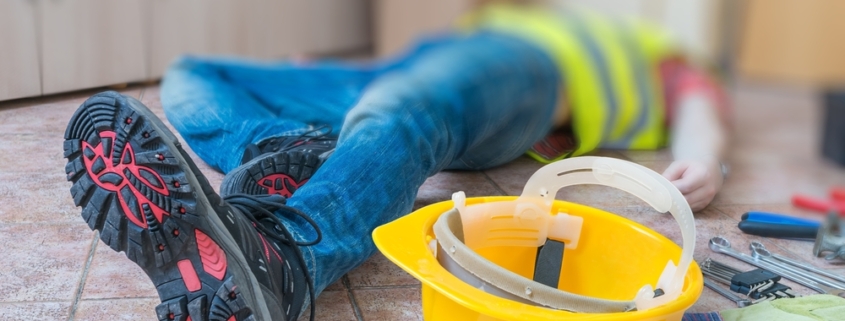I was Hurt on Someone Else’s Property: What are My Options?
During any given week, most individuals spend numerous hours away from their home and on other peoples’ property. They spend time at work, out shopping, dining at restaurants, and attending get-togethers with neighbors, family members, and friends. Sometimes, accidents happen while you are on someone else’s property. In many cases, these are minor incidents without any lasting injuries. There are times, however, when an injury is more serious and requires medical attention.
When an injury happens on the property of another party, many people wonder what legal options they have to recover full and fair compensation. This falls under the legal theory known as “premises liability”.
What is Premises Liability?
Premises liability is the legal concept that is applied when a personal injury occurs while they are on another party’s property. “Property” can include both public and private locations, and “personal injury” can include injuries resulting from incidents such as slips, trips, and falls, animal attacks, swimming pool accidents, fires and explosions, exposure to toxic chemicals, and negligent security.
In order to successfully recover compensation through a premises liability claim, the plaintiff must demonstrate the following:
- The defendant owed a duty of reasonable care to the plaintiff;
- The defendant was negligent in their duty;
- This negligence caused injury to the plaintiff’s;
- The plaintiff’s injury resulted in compensable damages.
The extent of the property owner, manager, or lessee’s duty of care depends largely on the status of the visitor who was injured. Property visitors can be divided into three general categories:
- Invitees: These are individuals who enter a property for the financial benefit of the property owner/caretaker, or who enter property that is open to the general public. Examples of invitees include customers of a restaurant or retail establishment, hotel and resort guests, children who receive daycare, and individuals walking through a public park. Owners and caretakers owe the highest duty of care to invitees and should take reasonable steps to protect them from all known hazards and dangerous conditions on their property.
- Licensees: These are individuals who enter a property for their own purpose, and who have express or implied permission to enter. Examples may include mail and package delivery carriers, door-to-door salespersons, neighbors, and social guests. Owners and caretakers have an obligation to address any hazardous conditions or adequately warn licensees of their existence.
- Trespassers: These are individuals who have no right to be on the property. The lowest duty of care is owed to trespassers, and owners/caretakers must only refrain from wanton and willful conduct that may cause them harm.
If you were hurt on someone else’s property as an invitee or licensee, you may have a premises liability case depending on the specific circumstances of the accident. If you were a trespasser, however, there is very little chance that your case will be successful.
Virginia Premises Liability Laws
Having a potential case to bring a premises liability claim is only half the battle. You must also consider how the injury occurred and whether or not you may be (at least partially) at fault. If the injury occurred in Virginia, the burden of proof is even higher because of the state’s “contributory negligence” legal standard. Under “contributory negligence”, a plaintiff can be barred from recovering damages if they are found to be even 1% at-fault for the accident that caused their injury.
You can be sure that the defendant and their insurer will use Virginia’s defendant-friendly standard to pin some of the blame on you and avoid paying compensation. Some possible defenses may include:
- The dangerous or hazardous condition was “open and obvious” to a reasonable person;
- You were not paying adequate attention to where you were going/what you were doing when the accident occurred (e.g., you were looking down at your smartphone rather than in front of you);
- You were wearing inappropriate or unsafe footwear for the area in which you were walking;
- You were in an area of the property where visitors are not allowed and/or expected to be;
- The defendant took reasonable steps to protect visitors by putting up signs and/or cones.
Speak with a Skilled Personal Injury Attorney
If you or someone close to you was hurt on someone else’s property in Virginia, the first step you should take is to get in contact with an experienced premises liability lawyer to thoroughly review your case and go over your legal options. For a initial consultation with one of the seasoned attorneys at Olmstead & Olmstead, call our office today at 703-361-1555 or send us a message through our online contact form.





Leave a Reply
Want to join the discussion?Feel free to contribute!